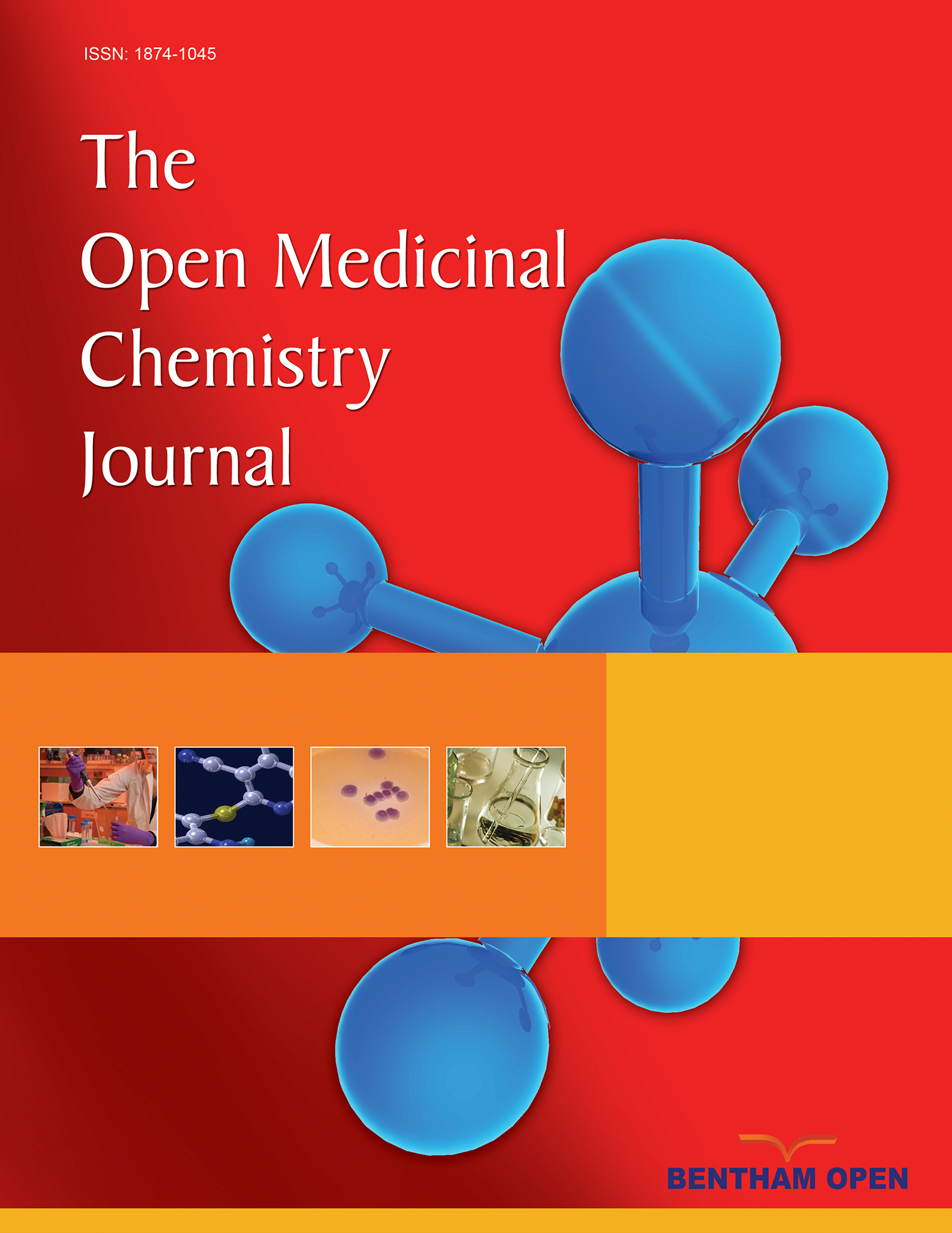All published articles of this journal are available on ScienceDirect.
Roles of PI3K/AKT/PTEN Pathway as a Target for Pharmaceutical Therapy
Abstract
Multiple enzymes participate in the phosphorylation of a group of phosphoinositide lipids. Because of their important role in signal transduction, the dysregulated metabolism of phosphoinositides represents a key step in many disease settings. Loss of their function has been demonstrated to occur as an early event a wide variety of carcinogenesis and has therefore been suggested as a biomarker for the premalignant disease. In addition, genetic alterations at multiple nodes in the pathway have been implicated in several other diseases. Accordingly, given this pervasive involvement in many diseases, the development of molecules that modulates this pathway has been initiated in studies. They have been the focus of extensive research and drug discovery activities. A better understanding of the molecular connections could uncover new targets for drug development.


